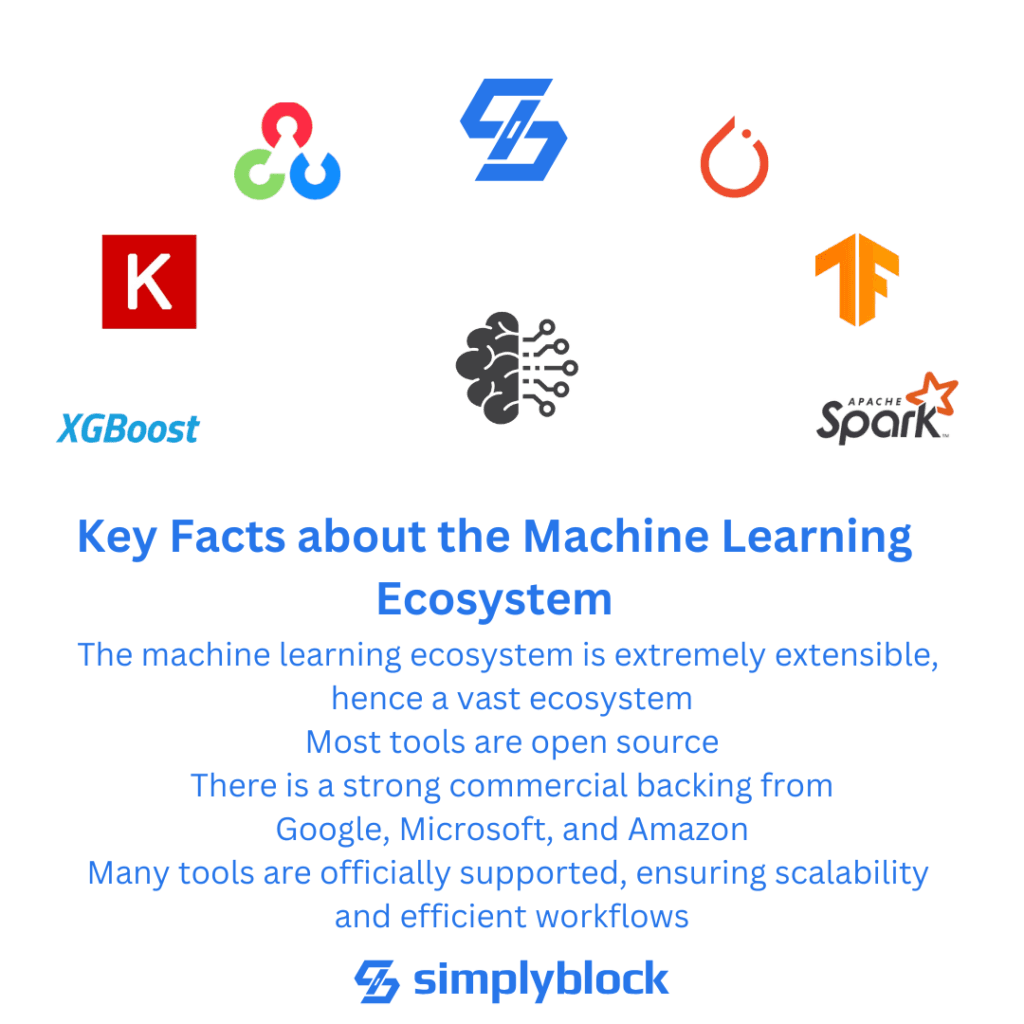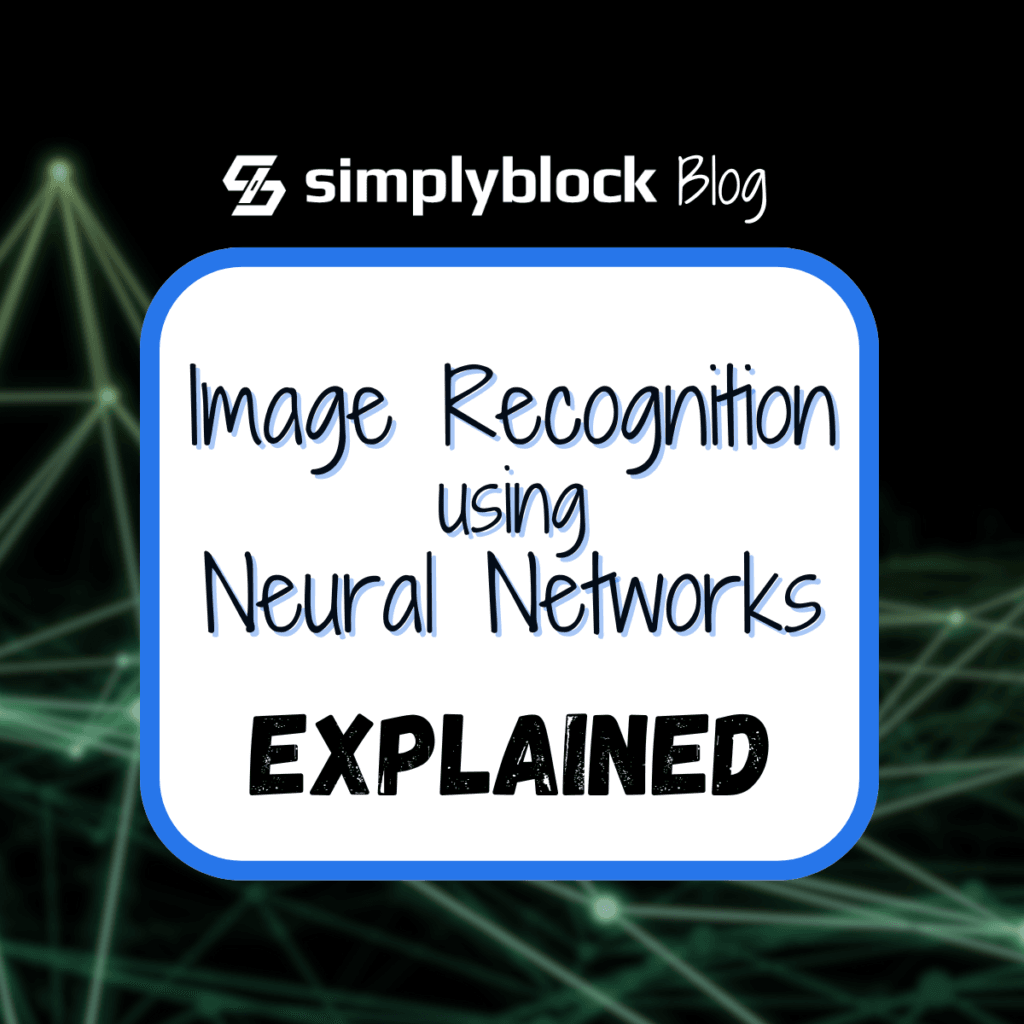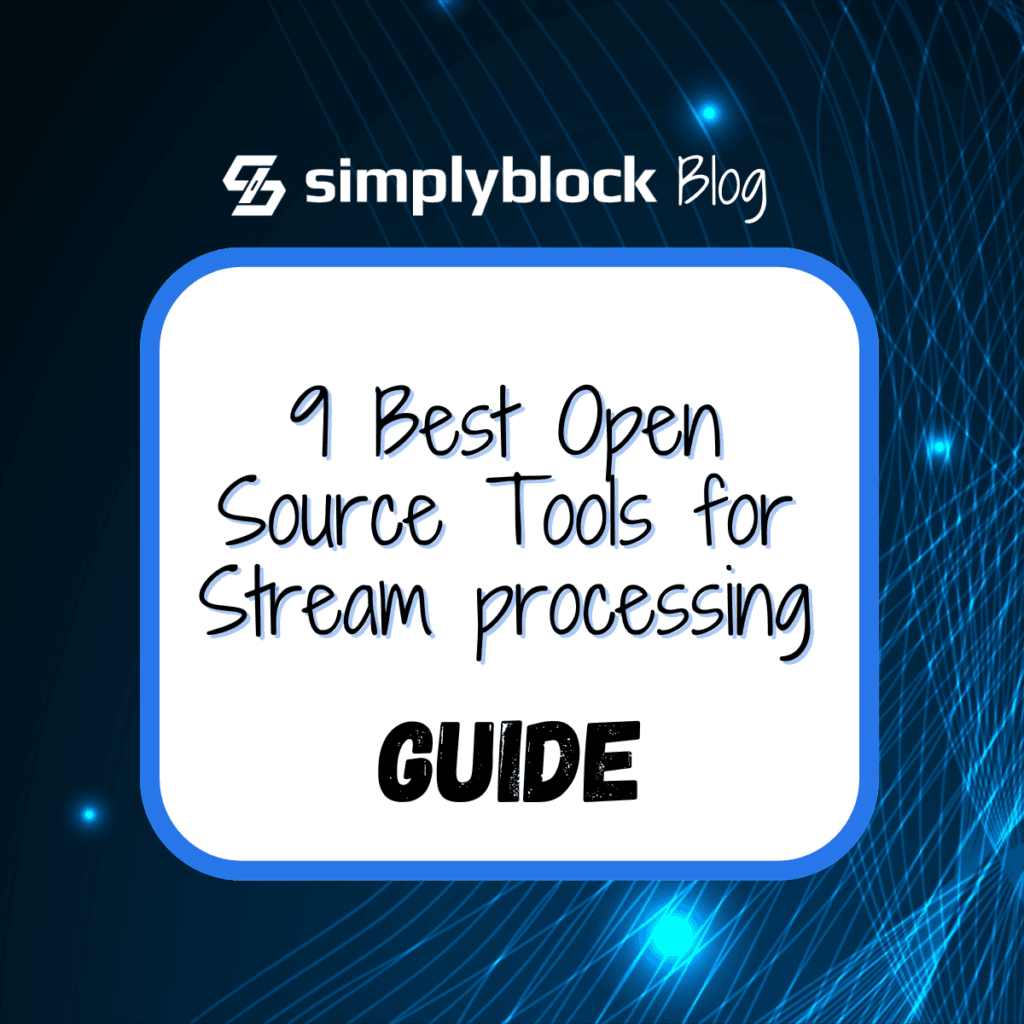
What are the best open-source tools for your machine learning setup?
The machine learning (ML) landscape has evolved rapidly over the years, with a growing ecosystem of open-source tools that help developers, data scientists, and engineers build, deploy, and manage ML models. These tools cover every stage of the machine learning lifecycle, from data preprocessing to model training, evaluation, and deployment.
In this post, we will explore nine must-know open-source tools that can help you optimize your machine learning workflows.
1. TensorFlow
TensorFlow is one of the most widely adopted open-source machine learning frameworks, developed by Google. It provides a comprehensive platform for building and deploying machine learning models, particularly deep learning applications. TensorFlow supports both high-level APIs like Keras for rapid model development and low-level APIs for more granular control, making it suitable for a wide range of AI tasks, from research to production.
Training on large datasets? Simplyblock accelerates performance with NVMe-backed volumes and crash-consistent model checkpoints.
2. PyTorch
Developed by Facebook’s AI Research lab, PyTorch is another leading open-source deep learning framework. PyTorch is beloved for its ease of use, dynamic computational graph, and flexibility, which allows developers to experiment and iterate quickly. It’s particularly popular in the research community but has gained traction for production use cases due to its seamless integration with Python and strong community support.
PyTorch pipelines thrive on fast I/O. Simplyblock ensures consistent, high-throughput storage for model checkpoints and iteration states.
3. Scikit-learn
Scikit-learn is a versatile open-source library for machine learning in Python. It provides simple and efficient tools for data mining and data analysis, including classification, regression, clustering, and dimensionality reduction. Scikit-learn is ideal for traditional ML algorithms like decision trees, random forests, and support vector machines, making it an excellent choice for beginners and seasoned practitioners alike.
4. Apache Spark MLlib
Apache Spark MLlib is a scalable machine learning library built on top of Apache Spark. It provides distributed machine learning algorithms for tasks such as classification, regression, clustering, and collaborative filtering. Spark MLlib is designed for handling large-scale datasets and integrates well with other big data tools. It’s perfect for organizations that need to process massive amounts of data across distributed systems.
Massive data workloads can overwhelm storage. Simplyblock boosts Spark performance with fast, tiered, resilient volumes.
5. Keras
Keras is a high-level neural networks API that runs on top of TensorFlow, simplifying the process of building deep learning models. It allows for fast experimentation and prototyping, making it a go-to tool for developers who want to create models without dealing with the complexity of low-level frameworks. It is widely used in academia and industry for tasks like image classification, natural language processing, and reinforcement learning.
6. OpenCV
OpenCV (Open Source Computer Vision Library) is a powerful open-source tool for computer vision tasks. It provides tools for image processing, object detection, face recognition, and more. OpenCV integrates seamlessly with popular machine learning libraries like TensorFlow and PyTorch, making it an essential tool for anyone working on visual recognition or image-based machine learning projects.
7. MLflow
MLflow is an open-source platform that helps manage the end-to-end machine learning lifecycle. It enables tracking of experiments, packaging of ML models, and managing of deployments in a centralized manner. MLflow supports any machine learning library and programming language, making it easy to integrate with existing tools. Its ability to track experiments and manage models simplifies the complexity of moving from model development to production.
Tracking experiments or model metadata? Simplyblock keeps your MLflow artifacts snapshot-protected and instantly recoverable.
8. H2O.ai
H2O.ai is an open-source machine learning platform that focuses on scalable, distributed machine learning. H2O provides a wide range of machine learning algorithms, including generalized linear models, gradient boosting, and deep learning. It is designed for large-scale data analytics and is highly scalable, making it perfect for enterprise applications that require processing vast amounts of data.
9. XGBoost
XGBoost (Extreme Gradient Boosting) is an optimized, open-source implementation of the gradient boosting algorithm. Known for its speed and performance, XGBoost is widely used in machine learning competitions and production environments for tasks like classification and regression. It handles missing data well, supports parallelization, and integrates with other popular machine learning libraries, making it an indispensable tool for structured data tasks.
XGBoost loves speed. Simplyblock optimizes training storage to handle large structured datasets without bottlenecks.

Why Choose simplyblock for Machine Learning?
While ML frameworks provide powerful capabilities for model development and training, protecting ML assets and ensuring business continuity is crucial.
This is where simplyblock’s specialized data protection approach creates unique value:
- Comprehensive ML Asset Protection: Simplyblock ensures the integrity and security of your entire ML ecosystem through immutable backups of:
- Large-scale training datasets and feature stores
- Model checkpoints and hyperparameter configurations
- Production inference environments
- Experiment tracking databases and metadata These immutable copies remain protected against ransomware and accidental deletion, ensuring your ML investments are secure.
- Zero-Downtime Recovery: In the event of a disaster or cyberattack, simplyblock enables rapid recovery of your ML infrastructure:
- Instantly restore training environments without rebuilding from scratch
- Quick recovery of model artifacts and training progress
- Minimal disruption to production inference services
- Maintain version control of datasets and models. This ensures your ML operations continue running even after critical incidents.
- Cost-Effective ML Operations: Simplyblock optimizes protection costs for data-intensive ML workloads by:
- Efficiently managing storage for terabyte-scale training data
- Implementing intelligent versioning for model iterations
- Optimizing backup storage across different data types
- Providing fast access to frequently used ML assets
How to Optimize Machine Learning with Open-source Tools
This guide explored nine essential open-source tools for machine learning, from TensorFlow’s comprehensive platform to XGBoost’s gradient boosting implementation. While these tools excel at different aspects – PyTorch for research, Scikit-learn for traditional ML, and MLflow for lifecycle management – proper implementation is crucial.
Tools like Apache Spark MLlib enable distributed processing, while OpenCV and H2O.ai provide specialized capabilities for deep learning and computer vision tasks. Each tool offers unique approaches to building and deploying ML models.
If you’re looking to further streamline your machine learning operations, simplyblock offers comprehensive solutions that integrate seamlessly with these tools, helping you get the most out of your ML environment.
Ready to take your machine learning workflows to the next level? Contact simplyblock today to learn how we can help you simplify and enhance your machine learning journey.
Questions and Answers
Popular open-source ML tools include Scikit-learn, TensorFlow, PyTorch, MLflow, and DVC. They cover various stages of the ML lifecycle, from training to deployment. When paired with high-performance storage, these tools can significantly reduce training time.
Yes, MLflow is a powerful tool for experiment tracking, model versioning, and deployment. It integrates well with popular frameworks and supports reproducibility. For dynamic environments like Kubernetes, combine MLflow with stateful storage solutions for reliable volume management.
Fast, scalable storage is key to training and serving ML models. Using NVMe over TCP instead of traditional protocols offers higher IOPS, lower latency, and better throughput—ideal for large-scale ML applications.
Absolutely. Tools like Kubeflow, MLflow, and Ray are Kubernetes-friendly. With Kubernetes CSI support, you can dynamically provision encrypted, high-speed volumes tailored to ML workloads.
Machine learning is a subset of AI focused on data-driven model training. While AI tools may include rule-based systems, ML tools like PyTorch or Scikit-learn rely on algorithms that learn from data. Explore both in our post on AI open-source tools.




